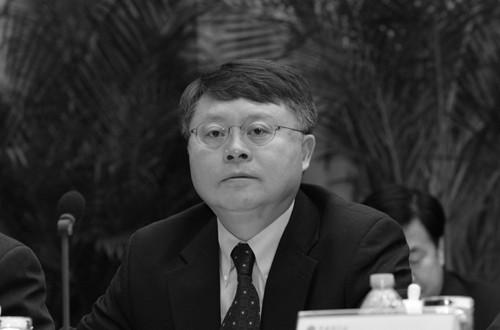Commentary
A Chinese supercomputer company listed on the U.S. Department of Commerce’s export control “entity list” is believed to have intimate ties with infamous former Communist Party leader Jiang Zemin.

A Chinese supercomputer company listed on the U.S. Department of Commerce’s export control “entity list” is believed to have intimate ties with infamous former Communist Party leader Jiang Zemin.